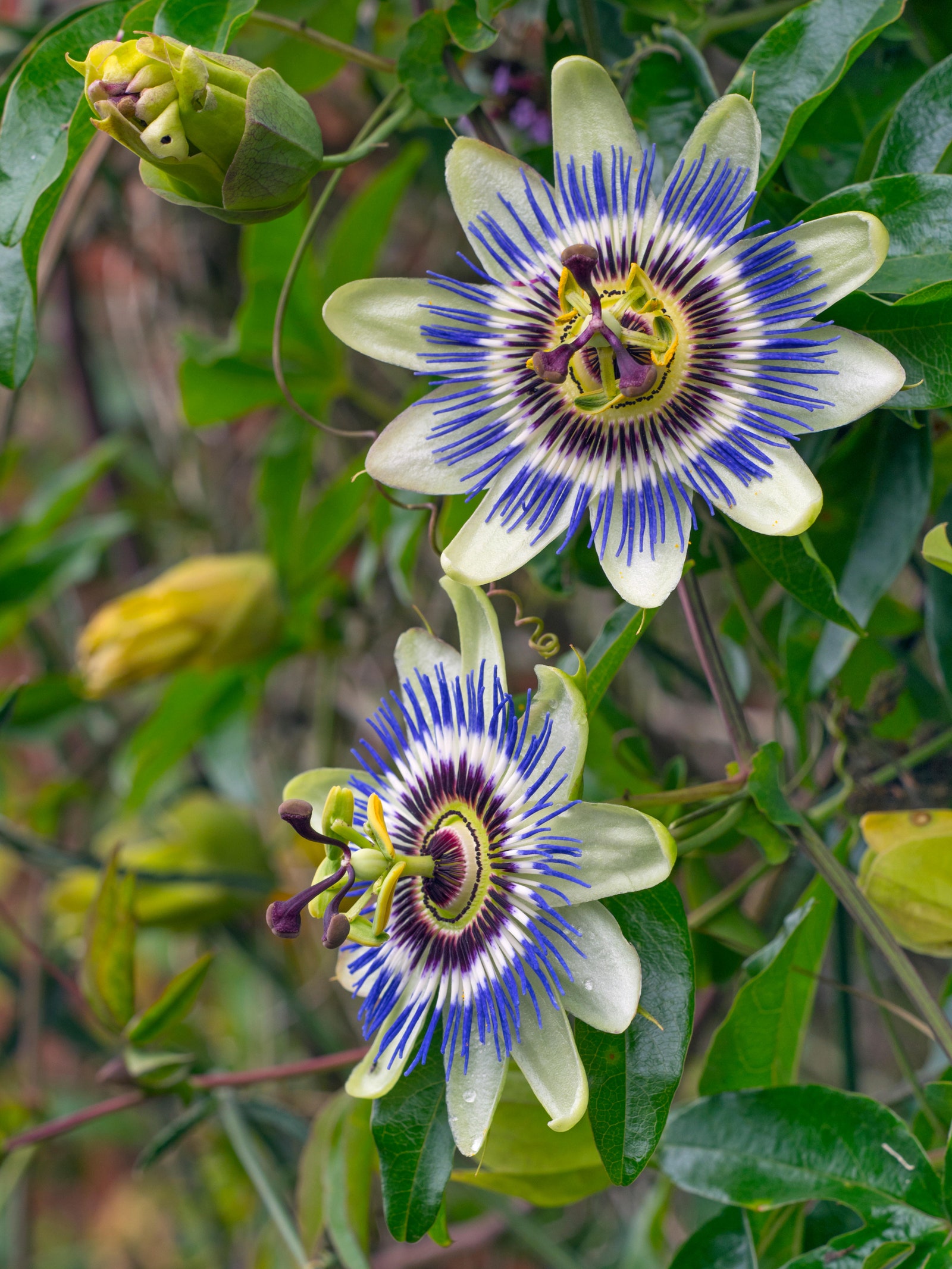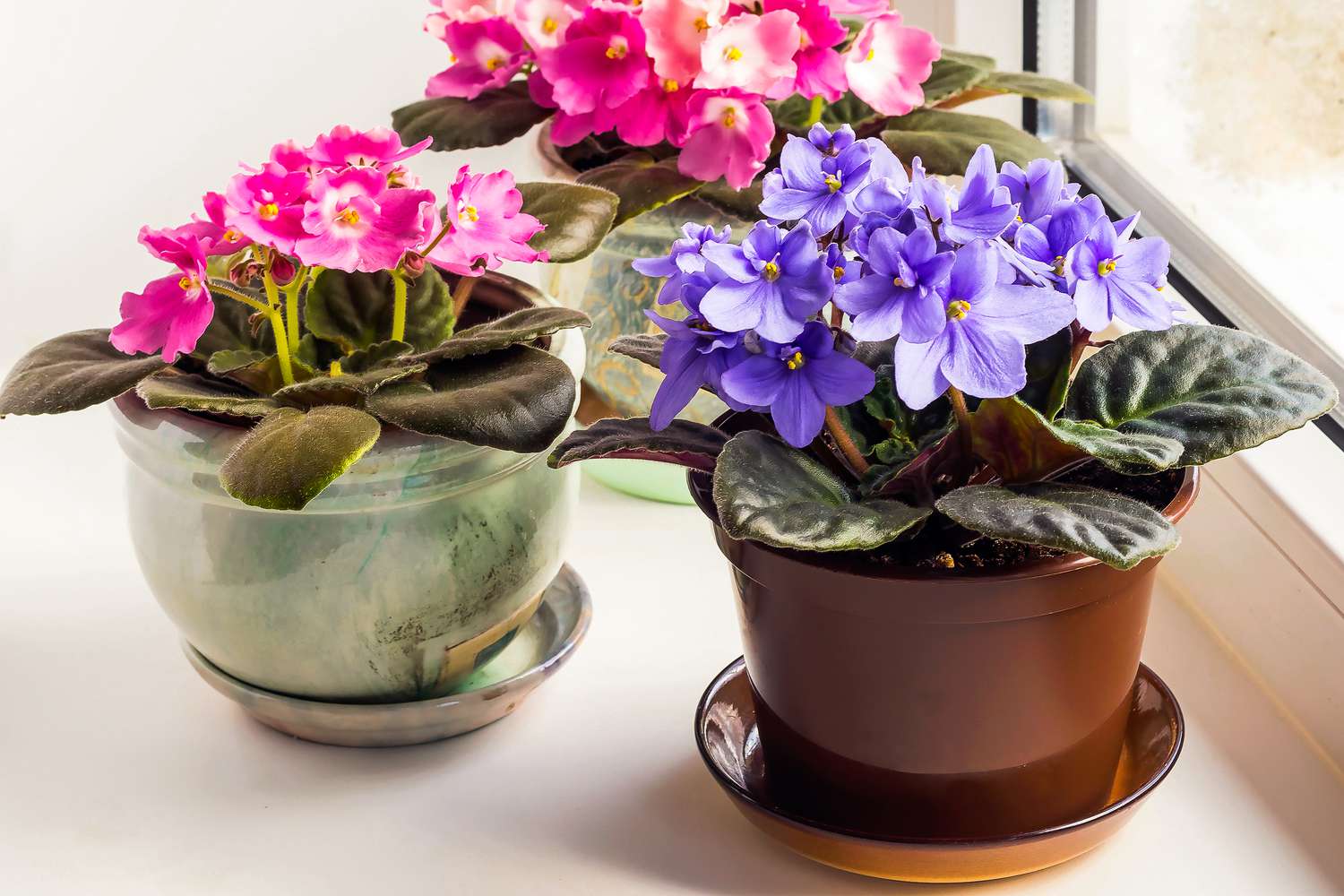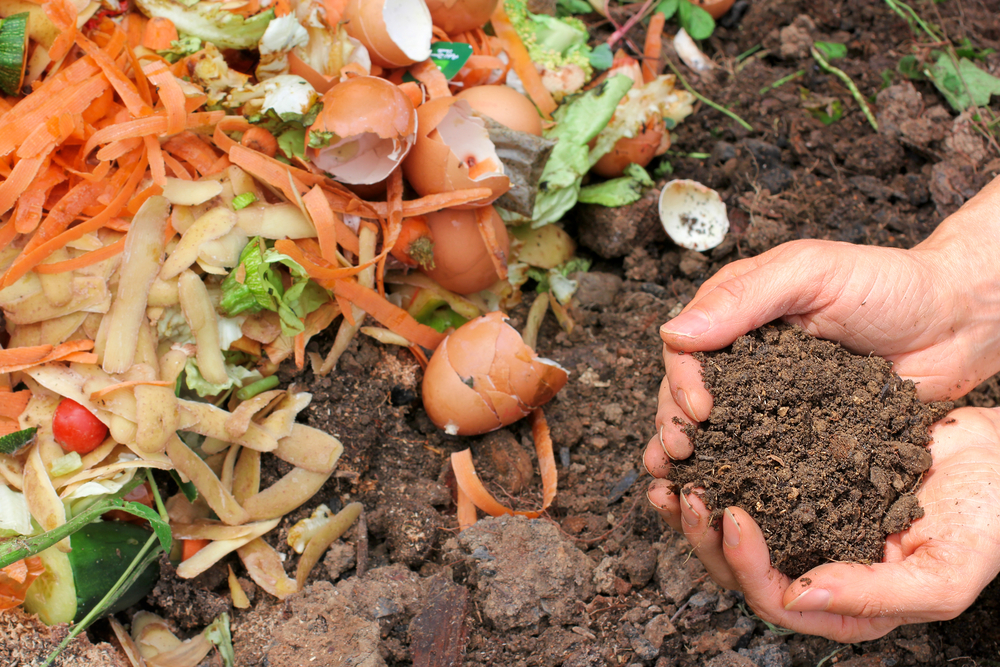Choosing the Right Compost for Thriving Organic Gardens: A Comprehensive Guide. Discover how To select The perfect compost for your organic garden! Our friendly guide simplifies choosing The best mix To boost your plants’ growth.
What is Choosing The Right Compost for Thriving Organic Gardens: A Comprehensive Guide & how does it work?
Choosing compost involves understanding organic materials. These materials break down & enrich soil. Compost supplies nutrients, improves structure, retains moisture, & supports microbial life. Healthy soil encourages plant growth & resilience. Different types of compost serve unique needs. Selecting suitable compost ensures plant health & productivity.

Brief history of Choosing The Right Compost for Thriving Organic Gardens: A Comprehensive Guide
Composting dates back thousands of years. Ancient farmers recognized benefits of decayed organic matter. In modern times, sustainable practices gained popularity. Awareness around waste reduction highlighted organic compost’s value. Today, many gardens utilize compost as a key component. Innovations continue, enhancing composting methods & materials.
How To implement Choosing The Right Compost for Thriving Organic Gardens: A Comprehensive Guide effectively
Selecting compost requires assessment of garden needs. First, evaluate soil type & plants present. Different gardens require varying nutrient profiles. Research local compost sources for options available. Blend compost into garden soil before planting or as top dressing. Monitor plant health & adjust compost types as needed.
Key benefits of using Choosing The Right Compost for Thriving Organic Gardens: A Comprehensive Guide
- Enhances nutrient availability.
- Improves soil aeration & drainage.
- Boosts beneficial microbial populations.
- Reduces waste through recycling.
- Enhances moisture retention in soil.
Challenges with Choosing The Right Compost for Thriving Organic Gardens: A Comprehensive Guide & potential solutions
Composting presents challenges including quality control. Contaminated materials may harm plants or soil. Educating oneself on safe composting practices aids greatly. Time management may also pose issues for some. Creating a composting schedule ensures timely decomposition. Proper aeration techniques can mitigate odor problems.
Future of Choosing The Right Compost for Thriving Organic Gardens: A Comprehensive Guide
Upcoming trends focus on sustainable practices & innovations. Advances in composting technology promise efficiency gains. Research around compost’s nutritional benefits continues expanding. Community composting initiatives foster local engagement & support. Expect eco-friendly packaging solutions & reduced carbon footprints. Modern solutions empower gardeners across various environments.

Understanding Compost Types
Compost plays a vital role for organic gardens. Choosing right type can significantly impact plant growth & soil health. Nutrient-rich compost enhances soil structure, improves aeration, & encourages beneficial microorganisms.
When deciding on compost, various types need consideration. From homemade compost piles To store-bought options, each variety offers unique benefits. For a deeper understanding, check out this organic composting guide.
Common types include plant-based, animal-based, & worm castings. Each offers distinct advantages based on individual gardening needs. Understanding these differences facilitates informed choices for creating thriving gardens.
Key Characteristics of High-Quality Compost
A quality compost should possess critical properties. When assessing compost, look for moisture content, temperature, & odor. Each characteristic indicates compost’s maturity & suitability for gardening.
Moisture content should remain balanced. Too much moisture can lead To anaerobic conditions, while too little can hinder microbial activity. Temperature affects decomposition, signaling microbiological activity. A warm pile suggests active breakdown processes.
Odor reflects compost’s health. A pleasant earthy smell indicates good bacteria are working. In contrast, foul smells suggest potential problems like excess nitrogen or lack of oxygen. Quality compost fosters healthy ecosystems.
Choosing Between Homemade & Store-Bought Compost
Deciding between homemade compost & store-bought options often depends on personal preferences. Homemade compost offers sustainability & control over materials. It allows gardeners To recycle organic waste effectively.
Store-bought compost provides convenience & consistency. Quality products are available, ensuring essential nutrients are included. For gardeners seeking time-saving solutions, reputable brands offer reliable options.
Ultimately, both methods have merits. Combining homemade & store-bought approaches can yield optimal results. This practice enables gardeners To capitalize on benefits from each source.
Components of Quality Compost
Understanding compost components plays a significant role in creating nutrient-rich environments. Composting requires a balance of green & brown materials. Green materials include grass clippings, vegetable scraps, & coffee grounds.
Brown materials encompass leaves, branches, cardboard, & straw. Achieving a proper ratio enhances decomposition efficiency. Ideally, a ratio of 3:1 (browns To greens) encourages successful composting processes.
Microorganisms thrive on diverse materials. Introducing various textures & nitrogen sources accelerates breakdown activities. Careful selection of components leads To healthier compost that supports vibrant gardens.
Benefits of Using Compost in Organic Gardening
Incorporating compost provides myriad benefits for organic gardening. Nutrients from compost enrich soil, improving plant health. Enhanced soil structure allows roots To penetrate easily for better access.
Soil moisture retention improves significantly with compost. This moisture reservoir helps plants thrive, even during dry spells. Furthermore, compost suppresses weeds, reducing competition for resources.
Beneficial microorganisms flourish within well-aerated compost. These microorganisms form symbiotic relationships with plants, bolstering nutrient uptake & disease resistance. Healthy soils promote thriving ecosystems.
Environmental Impact of Composting
Composting leaves a positive mark on environmental health. Reducing organic waste in landfills conserves space & resources. When organic matter decomposes in landfills, harmful greenhouse gases are emitted.
Practicing composting mitigates these effects. By diverting waste from landfills, composting contributes To carbon sequestration. This process enhances soil health & promotes biodiversity.
Moreover, composting empowers individuals. By nurturing their gardens, gardeners engage with nature. This connection fosters healthier communities & more sustainable practices.
Common Mistakes in Composting
Gardeners often make common mistakes while composting. Overloading compost bins with too many greens can lead To imbalances. Excess nitrogen slows down decomposition & may produce odors.
Additionally, neglecting aeration can hinder processes. Regular turning encourages oxygen flow, vital for aerobic decomposition. Incorporating bulky materials can improve airflow & support healthy environments.
Lastly, avoiding pests becomes essential. Proper composting practices deter unwelcome critters. Ensuring bins remain sealed can mitigate problems while providing a safe space for decomposition.
Utilizing Compost Effectively in Gardens
Once prepared, compost serves multiple functions in gardens. Incorporating compost into garden beds improves soil quality. Soil amendments enhance nutrient profiles & promote healthier plant growth.
Using compost as mulch offers additional benefits. By applying a layer around plants, moisture levels are preserved. This protects soil from erosion & provides nutrients as compost breaks down.
Additionally, compost tea provides liquid nutrients for plants. Diluting compost in water creates a nutrient-rich solution. This sustainable method supports healthy plant development & encourages organic gardening practices.
Compost Features for Organic Gardens
- Rich in nutrients 🌱
- Improves soil structure 💧
- Supports beneficial microorganisms 🦠
- Reduces waste in landfills ♻️
- Enhances moisture retention ☔
- Suppresses weeds 🚫
- Encourages biodiversity 🐞
Local Resources for Composting
Identifying local resources can greatly enhance composting efforts. Many communities offer composting workshops & classes. These programs equip individuals with skills & knowledge for effective composting.
Joining local gardening clubs creates networking opportunities. Enthusiastic gardeners share experiences, tips, & resources. Collaborative efforts can benefit personal gardens & bring communities together.
Furthermore, local governments may provide compost bins or composting services. Researching these options promotes sustainable practices & convenience for gardeners. Local support fosters environmental stewardship.
Advanced Composting Techniques
Exploring advanced composting techniques can elevate composting experiences. Aerated composting systems support optimal airflow & rapid decomposition. These systems typically utilize compost tea & heat To enhance microbial activity.
Vermicomposting involves using worms for efficient decomposition. Worms consume organic waste, creating nutrient-rich castings. This method allows for manageable space usage, even in small areas.
Additionally, Bokashi composting utilizes anaerobic fermentation. This method is ideal for kitchen scraps. Effective in apartment settings, Bokashi methods convert organic matter into ideal compost materials.
Common Composting Myths
Several myths exist surrounding composting practices. One myth suggests composting requires expensive equipment. In reality, simple bins or heaps can suffice for effective composting.
Another myth asserts that compost should smell bad. Healthy compost emits earthy scents, while bad odors indicate potential issues. Regular monitoring helps maintain desired conditions for decomposition.
Lastly, many believe composting takes too long. With efficient techniques & proper materials, composting can produce results in weeks. Active management, aeration, & balance contribute To faster decomposition.
My Personal Experience with Composting
In my journey as a gardener, composting became a transformative experience. Initially, I struggled To find suitable materials, but eventually, success emerged. Our family began recycling kitchen scraps, turning waste into nutrient-rich compost.
Through trial & error, I discovered composting’s true potential. Each season, our garden flourished, thanks To proper composting techniques. Witnessing those vibrant colors & robust plants brought immense satisfaction.
Compost not only nourished my garden but also connected me with our community. Sharing tips with local gardeners created lasting relationships. In addition, our joint efforts contributed towards a healthier environment.
Can you grow in only compost?
Choosing the Right Compost for Thriving Organic Gardens: A Comprehensive Guide Can you grow in only compost? Choosing the Right Compost for Thriving Organic Gardens: A Comprehensive Guide
Understanding Compost Types
Compost serves as a vital component for any organic garden. Different compost types offer unique benefits. Understanding these types enhances gardening success.
Common types include vegetable scraps, grass clippings, & leaves. Each provides essential nutrients. Knowing what each type offers helps choose wisely.
Compost can also derive from animal manure, such as cow, horse, or chicken. Compost created from manure often contains rich nutrients. Using such compost correctly benefits plant health significantly.
Benefits of Using Compost
Benefits associated with compost are numerous. Firstly, compost improves soil structure. Soil rich in compost holds moisture better & promotes drainage.
Secondly, compost acts as a slow-release fertilizer. Plants absorb nutrients over time, providing consistent growth support. For detailed composting tips, check this external resource.
Lastly, compost enhances microbial activity. Healthy microbes break down organic matter. This process promotes nutrient uptake for plants, ensuring lush growth.
Choosing Compost for Specific Plants
Different plants require different nutrients. Therefore, understanding specific needs fosters better growth. For example, leafy greens thrive with high nitrogen compost.
Root vegetables prefer compost rich in phosphorus. This nutrient supports strong root development. Researching plant requirements aids in selecting suitable compost.
Fruit-bearing plants benefit from balanced compost. A mix of nutrients ensures robust fruit production. Tailoring compost choice promotes a thriving garden ecosystem.
Homemade vs. Store-Bought Compost
When considering compost options, homemade compost offers cost savings. However, store-bought compost guarantees consistency. Each option presents distinct advantages & disadvantages.
Homemade compost requires time & effort. If done correctly, however, it recycles household waste effectively. Ensure a proper mix of materials for optimal results.
Store-bought compost undergoes quality control. This ensures balanced nutrient content, which saves time. Consider using homemade varieties for versatility & learned experience.
Comparison of Compost Options
| Compost Type | Cost | Availability | Quality Control | Emoji |
|---|---|---|---|---|
| Homemade | Low | Variable | Variable | 🌱 |
| Store-Bought | Medium | Easy | High | 🛒 |
| Worm Compost | Medium | Specialty Stores | High | 🐛 |
Understanding Nutrient Ratios
Nutrient ratios affect compost quality. Ideally, a carbon To nitrogen ratio should be around 30:1. This balance promotes optimal decomposition conditions.
Compost rich in carbon often appears brown or dry. Sources include dried leaves & straw. Nitrogen-rich materials typically appear green, such as grass clippings & kitchen scraps.
Monitoring nutrient ratios allows fine-tuning for specific garden needs. Adjusting compost ingredients provides flexibility in enhancing growth. Regular testing ensures balanced nutrition.
Composting Techniques
Various methods exist for successful composting. Traditional heap composting is a common technique. This method requires sufficient space while offering great results.
Bokashi composting provides an innovative approach. It uses fermentation To break down waste quickly. This method allows composting in smaller spaces with minimal odor.
<p”Tumbling composters” focus on ease of use. These devices allow easy turning & aeration. Regular tumbling speeds up The composting process significantly.
Common Composting Mistakes
Many gardeners make common composting mistakes. Firstly, adding too much moisture can hinder decomposition. Maintaining a balance between wet & dry materials fosters effectiveness.
Secondly, not aerating compost regularly slows breakdown. Turning compost ensures necessary oxygen reaches all materials. This action increases decomposition rates.
Finally, using only one type of ingredient limits nutrient diversity. A good mix of brown & green materials promotes healthy microbial life. Variety ensures balanced nutrition for plants.
Using Compost Tea
Compost tea serves as a nutrient-rich liquid fertilizer. It’s easy To make by steeping compost in water. This process extracts nutrients & beneficial microbes.
Applying compost tea provides plants with a quick nutrient boost. Use this method especially during growing seasons. Check this external guide for insights.
Compost tea also helps fend off diseases. The beneficial microbes outcompete harmful pathogens. Regular application ensures robust plant health.
Storing & Using Compost
Proper storage of compost extends its lifespan. Store it in a dry, cool, & dark area. This preserves nutrients while preventing spoilage.
Using compost effectively requires knowing proper application rates. A general recommendation is 1-2 inches for top dressing. Apply directly around The plant base for nutrient access.
Monitoring plant responses after application is key. Adjust future compost applications based on results. This process helps refine compost use over time.
Reaping Long-Term Benefits
Consistent use of quality compost leads To rich soil. Healthy soil produces healthier plants. This cycle enhances garden success significantly.
Organic gardening techniques improve over time with experience. Observing changes within your garden will guide future decisions. Continue learning & adapting as needs shift.
My own experience using quality compost has been rewarding. Healthy plants & abundant harvests result from careful planning. Implementing these processes creates a garden environment that thrives.

What types of compost can be used in organic gardening?
In organic gardening, you can use various types of compost such as homemade compost, store-bought compost, worm castings, & green manure compost. Each type has its own benefits, providing essential nutrients To The soil.
Can I use animal manure as compost in organic gardening?
Yes, animal manure can be used in organic gardening, but it should be well-composted To avoid pathogens. Manure from herbivores like cows, horses, & chickens is preferred, while manure from carnivores should be avoided.
Is store-bought compost safe for organic gardening?
Store-bought compost can be safe for organic gardening, but it’s important To check for certification. Look for compost that is labeled as organic & free from chemical additives.
How long does it take for compost To be ready for use?
The time it takes for compost To mature can vary, typically ranging from a few weeks To several months, depending on The materials used, microbial activity, & conditions like moisture & temperature.
Can I use food scraps in my compost for organic gardening?
Yes, food scraps like vegetable peels, coffee grounds, & eggshells can be added To your compost. However, avoid adding meat, dairy, & oily foods, as they can attract pests & create odors.
What is The best ratio of green To brown materials in compost?
The ideal ratio of green To brown materials is about 1:3. Greens provide nitrogen, while browns supply carbon, which is essential for effective composting & nutrient balance.
Can I use leaves as compost in my organic garden?
Yes, leaves are excellent for composting. They provide valuable carbon & can improve The structure of The compost. Shredding leaves can speed up The decomposition process.
Should I turn my compost pile, & how often?
Turning your compost pile is beneficial as it aerates The mixture & speeds up decomposition. It’s recommended To turn The pile every few weeks, depending on conditions & The speed of composting.
How can I tell when compost is ready To use?
Compost is ready To use when it is dark, crumbly, & has an earthy smell. It should no longer resemble The original materials & should be well-decomposed.
Can I use compost in my garden all year round?
Yes, you can use compost in your garden throughout The year. It can be added To soil during planting or as a top dressing, helping To improve soil structure & provide nutrients.
Is it possible To overdo it with compost?
While compost is beneficial, using too much can lead To nutrient imbalance in The soil. It’s best To apply it in moderation, mixing it into The soil To prevent over-fertilization.
Can I use compost for container gardening?
Compost is excellent for container gardening; however, it’s best To mix it with other components like potting soil or perlite for improved drainage & aeration in containers.
What can I do if my compost smells bad?
If your compost has a foul odor, it may be too wet or lack sufficient aeration. Adding dry materials like leaves or cardboard & turning The pile can help mitigate The smell.
Conclusion
Choosing The right compost is key To a flourishing organic garden. By understanding The different types of compost & their benefits, you can enrich your soil & support healthy plant growth. Remember To look for organic materials that suit your needs, whether you’re working with kitchen scraps or yard waste.

Take your time To experiment & find what works best for your garden. With a little patience & care, you’ll be well on your way To creating a vibrant & productive space. Happy gardening, & enjoy The fruits (& veggies) of your labor!
